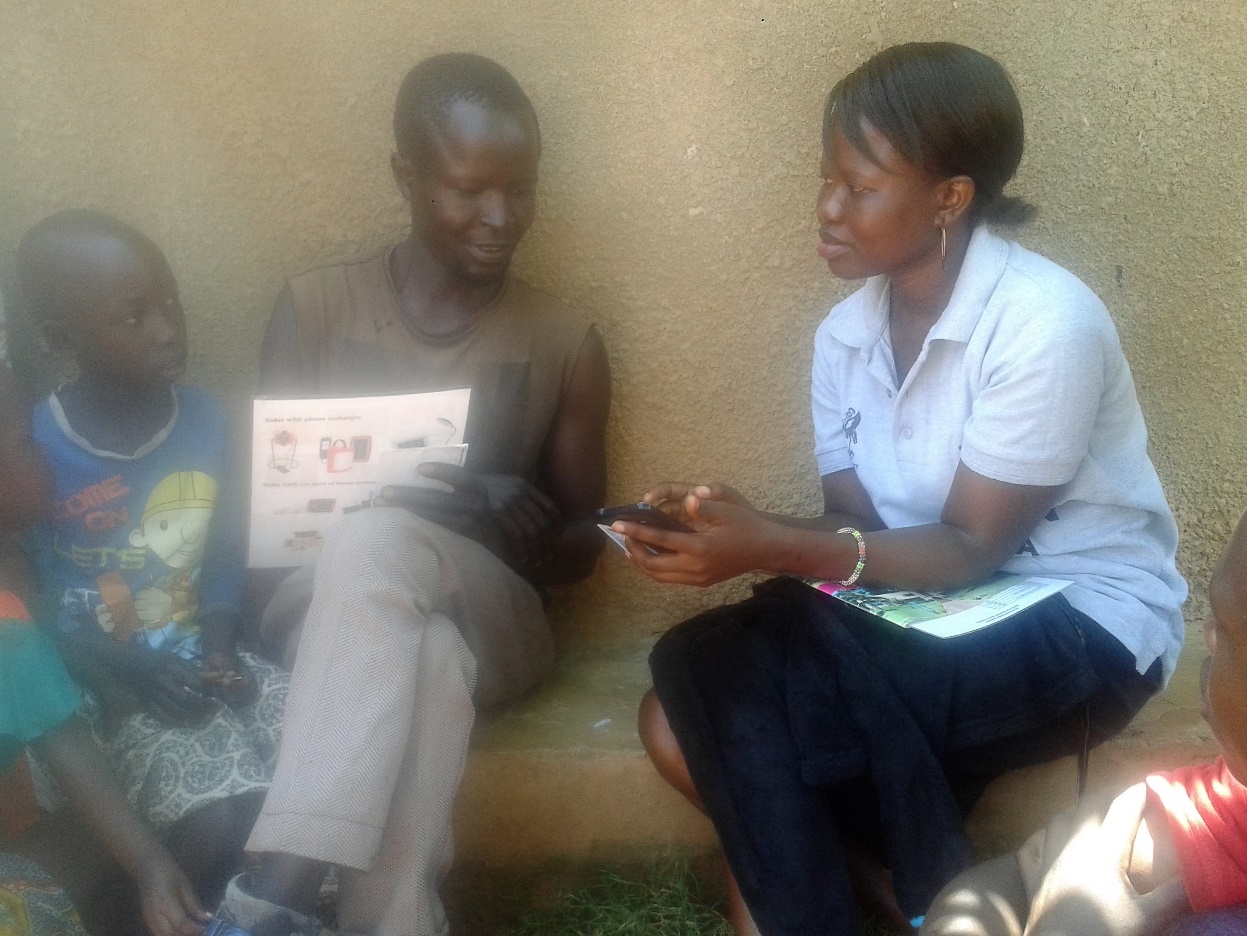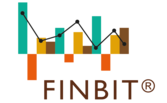To get an insight into the individuals behind the FEDU project in eastern Uganda, after the first bi-weekly meeting in Mbale, I sat down with one of the field researchers Andera Elizabeth, or rather Liz as she prefers to be called, for a brief interview regarding her perceptions of working as a field researcher, aspirations and expectations from her work as a field researcher with FEDU project. Liz speaks up to five languages and is a fervent fitness enthusiast with a taste for Shakespearean literature. Below is a transcript of the interview with Elizabeth.

Simon: Tell me more about your professional background?
Elizabeth: I graduated in 2013, with an undergraduate degree in economics and management from Uganda Christian University. After which I enrolled for a certificate in guidance and counseling at infectious disease research collaboration (IDRC). Where I also later worked as a research assistant. After working with IDRC, I joined another organization called Innovation for Poverty Alleviation (IPA) also as a research assistant for a project whose intended objective was to document the saving culture of respondents. This was based in Tororo.
And here I am now with L-IFT, I have been working with L-IFT as a field researcher for the financial and diaries Uganda in Mbale district for over 3 months now.
SM: How would you describe your experience of working with the FEDU project So far? And what specific skills do you hope to get out of your work as a field researcher?
LIZ: Working with L-IFT has been an exciting experience. The position is equipping me with skills on how to effectively communicate with people and at the same time, I am acquiring knowledge on new concepts like financial inclusion.
An example of the communication skills am talking about is when you can go to the field at times the prospective respondents at times initially “bark” at you and you feel like losing your mind. But at the back of your mind, you know that you have to engage the respondent and bend low. In the end, you engage the respondent and it can be fulfilling when they finally accept to give you an audience from which they become very welcoming and enthusiastically invite you home on the subsequent visits. Just following how fast the relationship develops is very gratifying.
During the current field research what I really appreciate is also learning how to use the electronic data collection tools. The L-IFT smartphone and the mapping software “google earth” which we have been using were all new tools to me. It was an interesting experience learning how to use a smartphone for data collection. It made everything very easy when I finally got comfortable using the tool.
SM: What have been your favorite experiences during your tenure here at L-IFT?
LIZ: And one other key highlight of my time working with L-IFT is the friendship and professional networks I have been able to build. My fellow team members in the far east and other researchers. It has been a very thrilling experience. There are a lot of ideas we share and encourage with the different members, especially via social media platforms. It’s like a well-knit family.
The team effort has also made the whole lot of work easy. We have learned how to work together as a team and in case you experience any challenge in the field you can ask your colleagues how to handle it and the whole team is incredibly helpful. This is something I hadn’t experienced at least not to the level at L-IFT.
SM: Any challenges you might have experienced during your course of work so far.
LIZ: Oh my goodness. During the initial participant recruitment. The “google earth” could direct you towards some desolate places. I remember going to swarms with no households around. At times passing through bushes. That was a challenge. At times you reach somewhere are the person is not responsive and not even willing to even say hi. Then distances to some places were initially beyond three kilometers. This was the case during the initial stages of the baseline but thank God it was sorted.
SM: What did you think of the recently concluded training and the career opportunities presented by SolarNow and Friends Consulting Ltd?
LIZ: I liked the training it was good and I learned a lot. The presentations about financial inclusion, how the research works especially the diaries research methodology, and an explanation of the survey questions. I think it was the ideal preparation for the fieldwork.
The presentations by SolarNow and Friends Consulting Ltd were really a valuable addition appreciate the effort by the organizer to incorporate this aspect into the training sessions. Hopefully, more similar arrangements are included during the course of the project. Like It was nice to hear about the skills the team from SolarNow and Friends Consulting Ltd look out for from prospective employees and how we were to apply for them after the current assignment is done. I will gladly be willing to apply for any of the openings available after I finish the current assignment like Friends Consulting wanted researchers. I like doing research work. The opportunities SolarNow presented also aligned with my previous academic background in economics especially the need for loan officers.
SM: What are your long terms career aspirations?
LIZ: In the long term, I would like to continue my education. I wish to enroll for a master’s degree in monitoring economics and this is where I feel this experience from the field data collection will also be helpful. The research we are carrying out is partially in areas of financial inclusion this is related to my areas of interest and I feel will help me get introduced to possible research areas and methodologies.
INTERVIEW BY: SIMON YESHO
RESEARCH INTERN FEDU PROJECT

